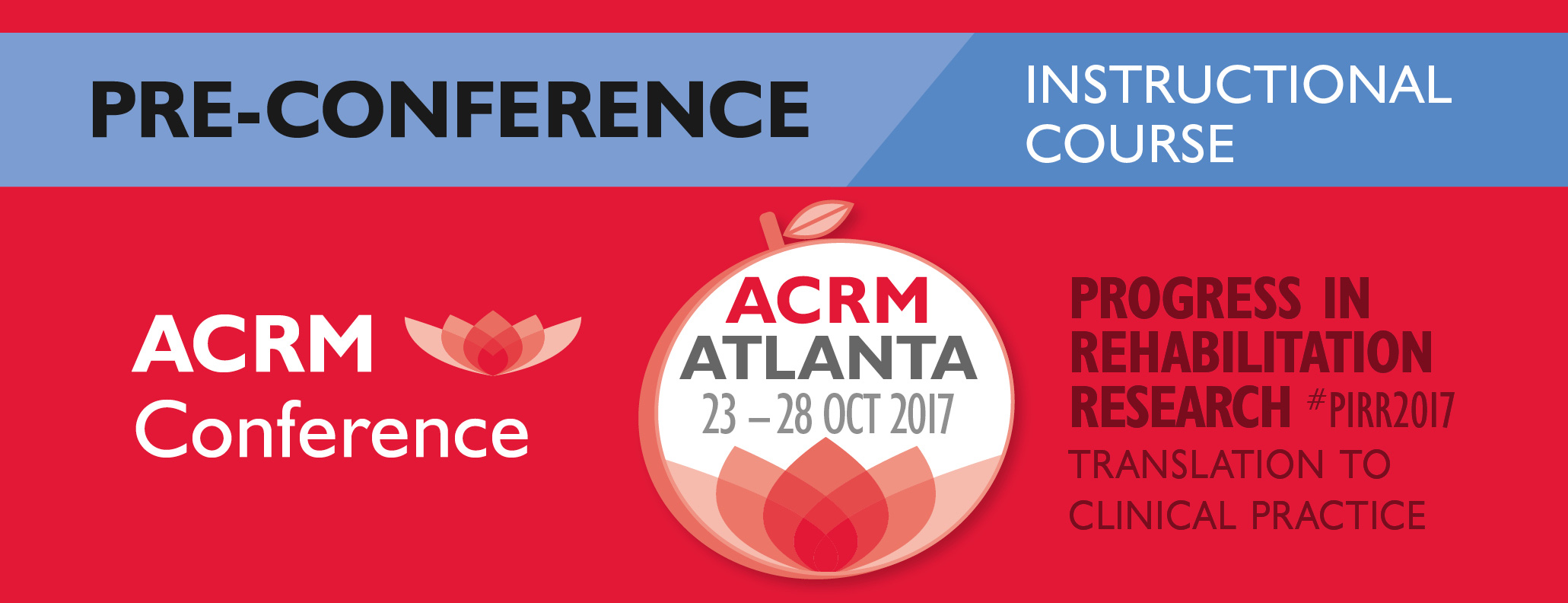WED 25 OCT // 8:00 AM – 3:00 PM
Primary Content Focus: Cross-Cutting
The Early Career Development Course is a perennial favorite at ACRM that connects early career rehabilitation researchers with seasoned professionals who serve as mentors to answer specific questions regarding career development and funding opportunities as mentees work towards a path to success. This year’s course will focus on how to become successful conducting interdisciplinary research in not only traditional academic settings, but also non-traditional settings, such as in industry. The course will provide opportunities to learn from successful researchers and clinicians who have been able to work with individuals from different settings and backgrounds. Through didactic presentations, panel discussions, one-on-one networking, and small group discussions, the attendees will be able to focus on career development issues faced when conducting research in academic, clinical or industry settings.
LEARNING OBJECTIVES
- Describe multiple career paths and trajectories in rehabilitation research in clinical, academic, and industry settings
- Identify at least three major funding opportunities for early career rehabilitation researchers
- Discuss at least two early career rehabilitation research success stories
- Demonstrate at least three tips and tricks to becoming a productive writer
PRESENTERS
Monique Pappadis, MEd, PhD
University of Texas Medical Branch at Galveston
Stephanie Kolakowsky-Hayner, PhD
Brain Trauma Foundation
Reza Ehsanian, MD, PhD
Santa Clara Valley Medical Center
Ralph Nitkin, PhD
National Center for Medical Rehabilitation Research / Eunice Kennedy Shriver National Institute of Child Health and Human Development
BIOS
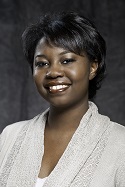
Monique R. Pappadis, MEd, PhD is an Assistant Professor of the Division of Rehabilitation Sciences, School of Health Professions at the University of Texas Medical Branch at Galveston (UTMB) and an Investigator at the Brain Injury Research Center of TIRR Memorial Hermann. She is also a Research Career and Development Core Scholar of UTMB’s Claude D. Pepper Center and a Scholar of the Translational Research Scholars Program through the Institute for Translational Sciences. She has a diverse background in biological sciences, psychology, health education and social work, with specific training in measurement development, health education and promotion, psychoeducational interventions, and mixed methodologies. In addition, her bilingual skills in Spanish has allowed her to conduct field research assessing the needs of individuals with limited English proficiency and working with persons from diverse backgrounds. Her research includes the role of neurocognition on outcomes after brain injury, minority aging, health disparities, and addressing gender, language, and cultural differences related to outcomes after injury. She has over 13 years of experience conducting patient-centered outcomes research in the area of stroke and traumatic brain injury research. She has expertise in stakeholder engagement, patient-centered outcomes research, conducting qualitative interviews, analyzing data, and integrating quantitative methodologies, and developing educational interventions and resources to address the needs of patients with brain injury and their caregivers. Dr. Pappadis has won several research awards, made several national and international presentations, published 18 peer-reviewed publications, and disseminated several educational materials for persons with brain injury and their caregivers. She is currently the chair of the Early Career Development Course Task Force and Early Career Officer for ACRM’s BI-ISIG Executive Committee. She is active in numerous ACRM Task Forces.
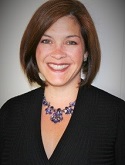
Dr. Kolakowsky-Hayner is the chief operating officer at the Brain Trauma Foundation (BTF). She is also BTF’s principal investigator on the Brain Trauma Evidence-Based Consortium project funded by the US Army Research, Development and Engineering Command. Dr. Kolakowsky-Hayner serves as the immediate past chairman of the board of the Brain Injury Association of California. She is a member of the Academy of Certified Brain Injury Specialists’ Board of Governors and the ACRM Board of Governors. Dr. Kolakowsky-Hayner is the Vocational-Community Issues Panel Chair for the Brain Injury Association of America and Mount Sinai’s Guidelines for Rehabilitation and Chronic Disease Management of Adults with Moderate to Severe Traumatic Brain Injury development project. She also serves on the Community Advisory Board of the DOD-funded Chronic Effects of Neurotrauma Consortium and as the co-chair of the 4th Federal Interagency Conference on Traumatic Brain Injury. Dr. Kolakowsky-Hayner has over 20 years progressively independent experience in brain injury related clinical and research activities. To date, she has made more than 180 professional presentations and published over 170 peer-reviewed manuscripts, book chapters, and other information materials for professionals and consumers with disabilities.
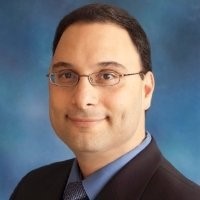
Dr. Reza Ehsanian, MD, PhD is a physician-scientist whose academic interest include the translation of basic science to clinical practice to ultimately improve outcomes for individuals with SCI, TBI and chronic pain. He is the Health Care Program Manager at the Rehabilitation Research Center in the Department of Physical Medicine and Rehabilitation at Santa Clara Valley Medical Center and a Post-Doctoral Fellow in the Department of Neurosurgery at Stanford University. Dr. Ehsanian’s research focus includes implementing neural cells known as oligodendrocyte progenitor cells, which are produced from human embryonic stem cells to promote repair of damaged spinal cord tissue (NCT02302157); rTMS to restore function after severe TBI (NCT02366754); and the development of regenerative medicine techniques for pain management. Dr. Ehsanian has lead mutli-center, multi-discipline research projects as a scientist at NASA Ames Research Center prior to his medical training at Stanford University, doctoral training at Oxford University, Christ Church College and Howard Hughes Medical Fellowship at National Institutes of Health where he developed his research interested for translational medicine. He has authored a book chapter, published peer-reviewed journal articles, given oral presentations and invited talks nationally and internationally; he co-founded South Bay Vestibular Support Group (501(c)(3)), whose mission is to provide a ground- and internet-based forum to educate, support and provide rehabilitation resources.
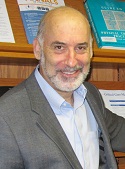
Ralph Nitkin, PhD, is the Deputy Director for the National Center for Medical Rehabilitation Research (NCMRR), which is located within the Eunice Kennedy Shriver National Institute of Child Health and Human Development (NICHD) at the NIH. He received his undergraduate and Master’s degrees from the Massachusetts Institute of Technology in the area of biological sciences, and his Ph.D. from the University of California, San Diego in cellular neurobiology. His postdoctoral studies at Stanford University and later work as an assistant professor at Rutgers University focused on the cellular and molecular basis of nerve-muscle synapse formation. For the past 25 years he has worked as a science administrator at the NICHD, first in the area of mental retardation and developmental disabilities and for the last fifteen years in the area of medical rehabilitation. Within the Rehab Center, he is also active in the area of training and career development and research infrastructure.
ACRM Annual Conference, Progress in Rehabilitation Research (PIRR#2017)
CORE: 25 – 28 OCT 2018 // HILTON ATLANTA, USA // PRE-CONFERENCE 23 – 25 OCT
REGISTER ONLINE HERE or Register by Phone: +1.703.435.5335
 |
 |
 |
 |


